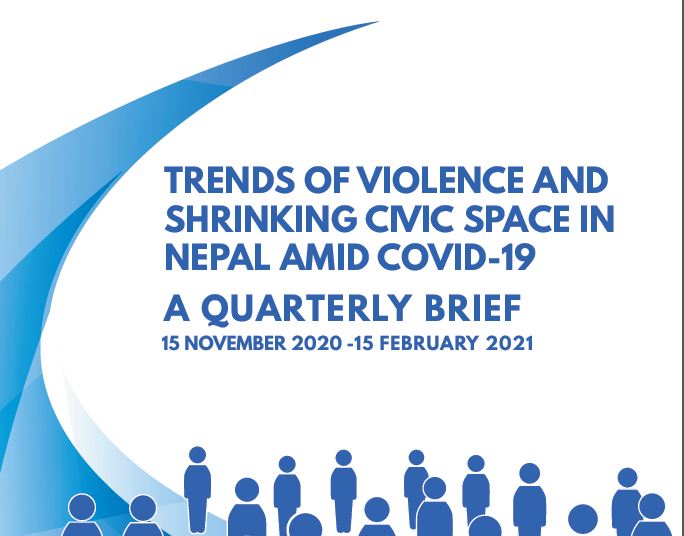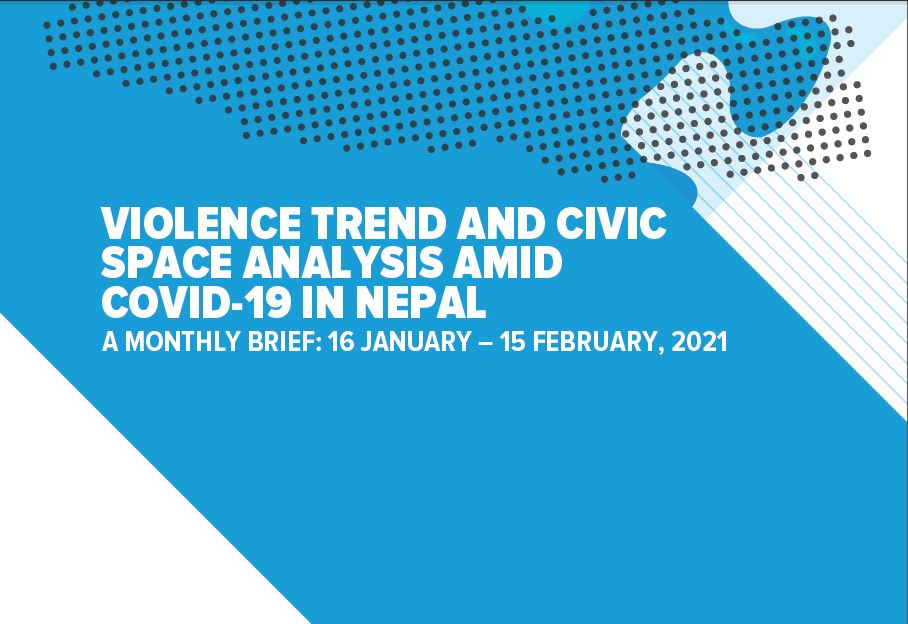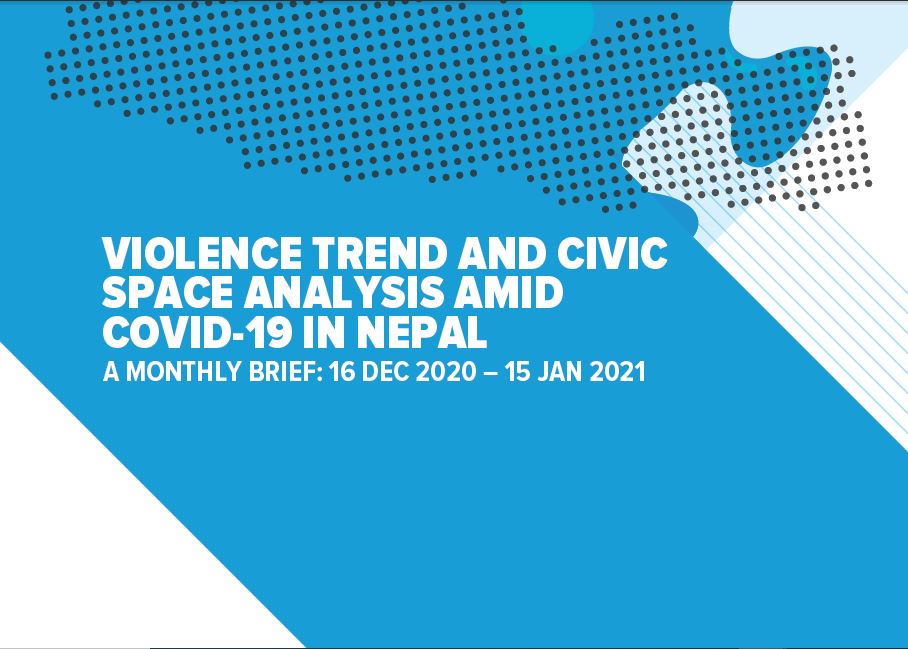News reports have surfaced that murdered former ambassador Keshav Raj Jha’s domestic helper Sanu Kancha Tamang was tortured in police custody. Tamang claims he suffered systematic and deliberate torture at the hands of the police who intended to force a confession out of him.
Tamang’s account of his time in police custody indicates unwarranted brutality and abuse of authority on the part of the police. He asserted that he not only underwent ruthless beating, but was also subjected to forceful ingestion of water and other forms of physical and mental harassment.
Accounts of alleged torture during police investigation have also come to light in relation to the rape and murder of Nirmala Pant. Hemanti Bhatta, reportedly an acquaintance of Nirmala’s, has claimed that she was tortured into confessing to have aided in the crime. In connection with the same case, Dilip Bista has also claimed to have been forcefully nabbed, tortured and pressed to admit to the crime.
Rise in complaints
Without prejudice to the accuracy of these allegations, it is important nonetheless to call attention to the many instances where detainees across the country have claimed to have been subjected to severe physical and mental torture in police custody. The National Human Rights Commission has reported a sharp rise in the number of complaints relating to torture. In 2011, the Committee against Torture concluded that torture in police custody was being practiced in Nepal systematically. Of late, many international and national human rights organisations and activists have also documented an increased tendency among police officers to mete out torture to extort confessions and obtain information. The practice of holding detainees in prolonged detention without trial is also reportedly persistent.
In this context, widespread awareness among law enforcement officials and the general public regarding the universal condemnation and ban on torture is crucial. The prohibition against torture is the bedrock principle of international law, and nothing ever justifies its use. As such, torture, as well as cruel, inhuman or degrading treatment, is banned at all times including in times of war, and in all places.
Respect for human dignity is a fundamental principle that underscores the human rights regime. Many human rights treaties and instruments, such as the Universal Declaration of Human Rights, the International Covenant on Civil and Political Rights (ICCPR) and the United Nations Convention against Torture and Other Cruel, Inhuman or Degrading Treatment or Punishment (UNCAT) enforce an express ban on torture. The UNCAT, in particular, has been widely ratified. It requires states to take effective measures to prevent torture in any territory under their jurisdiction. In addition, the treaty forbids states to transport people to any country where there is reason to believe that they will be tortured.
As a party to the UNCAT since 1991, Nepal is obligated to incorporate its provisions into domestic law. While the Torture Compensation Act, 1996 of Nepal did not classify torture as a criminal offence, it has now been expressly criminalised under the new Muluki Criminal Code. The code mandates punishment of up to five years in jail or a fine of up to Rs50,000 or both for anyone who engages in torture. The code also stipulates that anyone who issues an order to torture or aids in torture will be punished at par with the principal offender. In addition, the new Criminal Code provides an extended statute of limitations of six months on claims of torture as compared to the 35 days under the Torture Compensation Act.
While these are welcome developments, protection of the right to access to remedy for torture victims is still feeble. The Criminal Code merely states that victims are entitled to ‘appropriate compensation’ in relation to the damage or suffering endured. It fails to ensure that victims of torture obtain redress, including an enforceable right to fair and adequate compensation, and full rehabilitation.
Reliance on confessions
Despite domestic laws that explicitly prohibit torture, the culture of forcibly extorting confessions is still deeply rooted within the law enforcement agencies in Nepal and is reportedly considered to be normal practice. Part of the problem is the heavy reliance on confessions in our criminal justice system. In addition to respecting and protecting the human rights of detainees, it is essential that the authorities acknowledge that the use of torture is not only inhumane and illegal but also ineffective. Instilling awareness among police officers regarding the absolute prohibition of torture is pivotal to reform, and this must be incorporated in the training and guidance they receive.
Additionally, ratification of the Optional Protocol to the UNCAT could also be a substantive step forward in uprooting the culture of torture and bringing those who engage in torture to justice. Ratifying the Optional Protocol would render Nepal obligated to set up an independent National Preventive Mechanism authorised to undertake regular visits to places of detention and formulate recommendations to the authorities.
Thapa is







